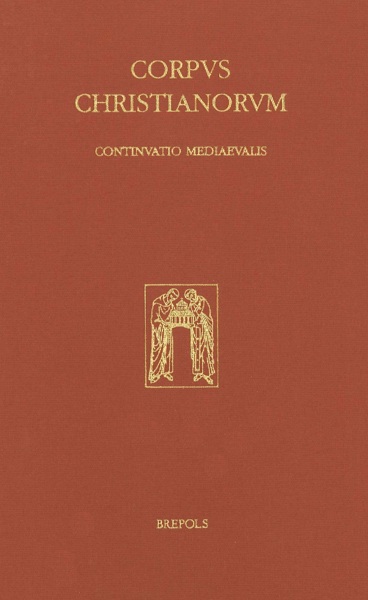
Exegetica
Pauca problesmata de enigmatibus ex tomis canonicis. Praefatio- De Pentateucho Moysi
G. MacGinty (ed)
- Pages: 345 p.
- Size:155 x 245 mm
- Language(s):Latin
- Publication Year:2000
- € 175,00 EXCL. VAT RETAIL PRICE
- ISBN: 978-2-503-04731-7
- Hardback
- Available
The text that has conventionally become known in German as "Das Bibelwerk" is now generally referred to in English as the Reference Bible. This work has rather a schoolroom air. After a general "Praefatio" the books of the Old Testament are treated according to the LXX canon, with, however, the omission of Lamentationes and Baruch. Among the various books, Genesis receives the most extensive treatment. The Latin title of the work, "Pauca Problesmata" states very accurately the general approach. There is no attempt at a coherent exegesis of the text; rather various matters which interested the compiler(s) are dealt with, mostly by citing short excerpts from the Fathers. In this, repetion is not avoided. B. Bischoff has suggested that the text was originally drafted around the year 750 A.D., and this has been generally accepted. An analysis of the stylistic features of the text led Bischoff to decide in favour of an Irish, or Irish-influenced centre of origin. His arguments are still valid, and there are many other detailed arguments from the language and orthography - particularly as represented by the Vatican Manuscript - which could confirm ultimate Irish inspiration and possible autorship. This edition is part of the subseries Scriptores Celtigenae.





